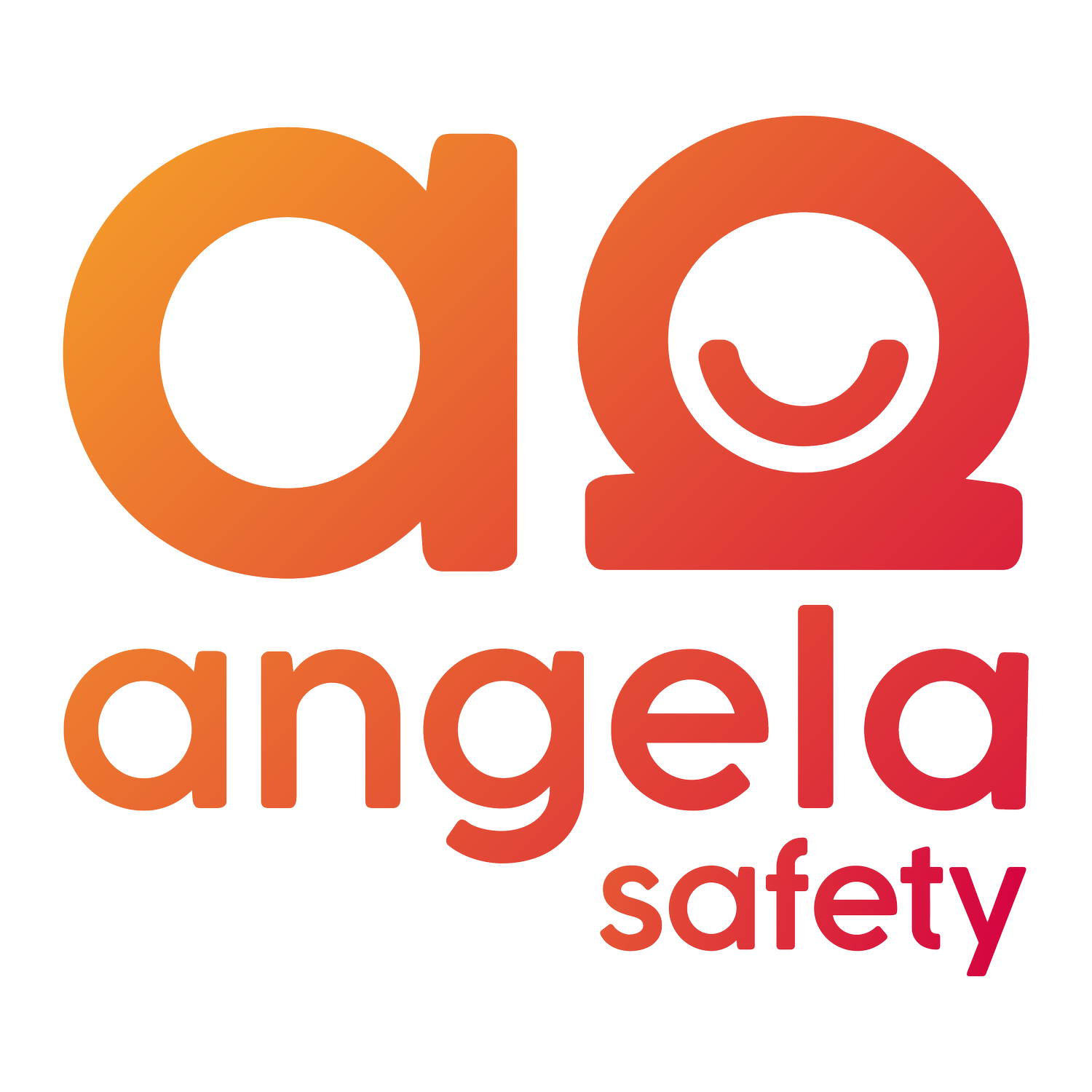Our inspiration. Our story.
We believe strongly that women should be able to enjoy a night out without fear of harassment or assault and we’ve decided to take action to bring this belief closer to reality.
Although the “Me Too” movement certainly brought much needed attention to sexual violence perpetrated against women and the LGBTQIA+ community, there still did not seem to be enough being done to prevent these cases. One movement we took great inspiration from was the ‘Ask for Angela/Angel shot’ campaign. The idea of the campaign is to give a women a tool for escaping uncomfortable or potentially dangerous situations. If you are out at a bar, club or other venue and find yourself in a situation where you feel unsafe, or something does not feel quite right, you can find a staff member and ‘Ask for Angela’ or order an ‘Angel shot’. From this codeword, the staff member will know you are in need of help and assist you to safety.
Although this campaign did not aim to solve the core issue of sexual harassment and assault, which lies in a much larger discussion, its simple but brilliant concept gave an immediate course of action in these situations. It seems to address that grey area between just feeling comfortable to leave a situation and needing the police. From the research we have done and people we have listened to, we have found that these situations can be extremely difficult to navigate and wanted to offer additional support wherever we could.
We conducted a survey and talked with those who have been victims of harassment and assault on a night out to gain a better understanding of the situation as well as the thoughts and feelings people experience in these situations. We noted that in these uncomfortable situations, especially when the person causing the situation may be exhibiting controlling or aggressive behaviours, it can cause victims to experience a fight or flight response. Coupled with the situational difficulty of catching a staff members attention and using a codeword, this cognitive overload can cause the person to freeze up.
This is especially problematic when you consider the environments in which a person may be most likely to need this tool. For example, what happens in an extremely busy club on a Saturday night when it can be near impossible to find a staff member, much less have them hear what you are saying? What happens when staff members are 10 metres away and you feel unable to leave to ask for help, and by the time you have gotten out of the conversation to ask for help, it is no longer needed? What happens if you are at a festival and the nearest security guard is nowhere in sight? What happens when the movement becomes so well known that you feel using coded language is a risk in itself?
Pondering these issues in an entrepreneurial workshop at the University of Queensland, the idea just seemed to appear out of thin air: What if instead of victims needing to do all of this to escape a situation, the help just came to them? What if we designed a system whereby users and venues are connected through mobile, and help is only ever a click away? Angela is a proposed smartphone app that gives users a tool to escape an uncomfortable situation when in a venue or festival.
This app will be extremely simple to use so that in a moment of panic, you don’t need to plan an escape to find a staff member or worry about using coded language that an aggressor may understand. After downloading the app, users will be asked to upload a picture of their face and their first name. Then they can forget about it until they need to use it. If they find themselves needing help, they can simply open the app, confirm their location and request help. With information on their location, first name and a photo of their face, staff can quickly find the individual in distress and guide them to safety.
Our goal is to help women, LGBTQIA+ and other at-risk groups to enjoy nights out without fear of harassment or assault, and we believe we have found a way to do that.
